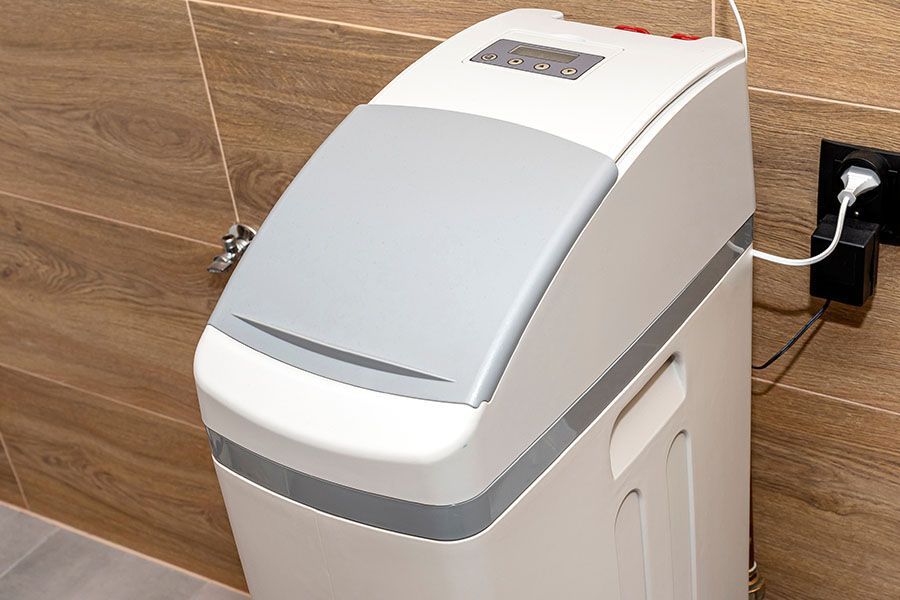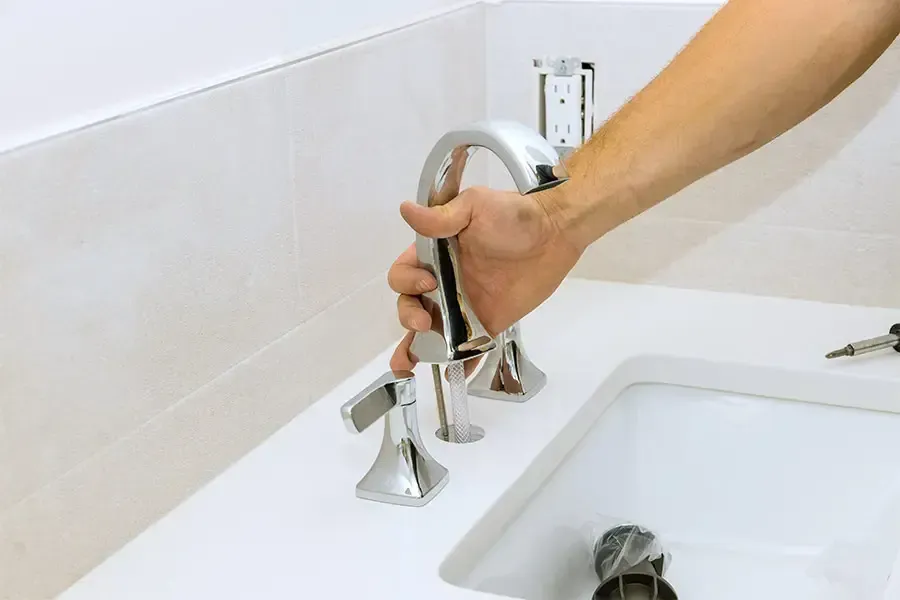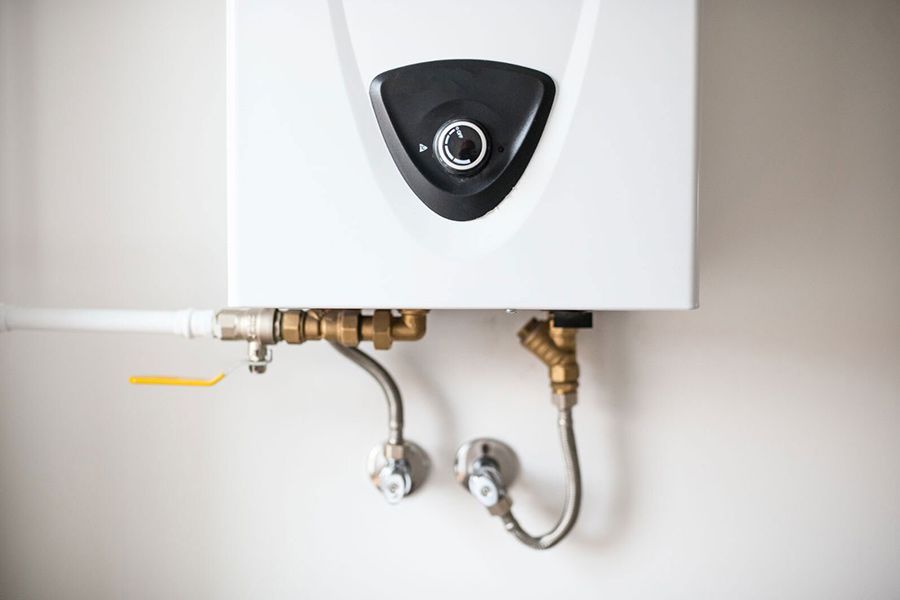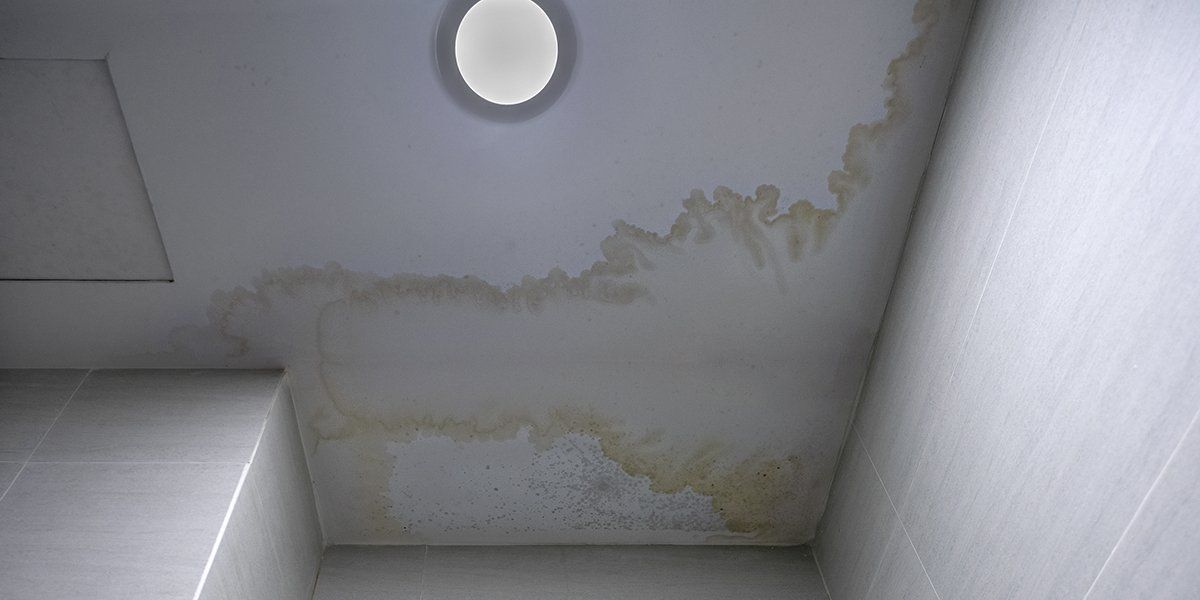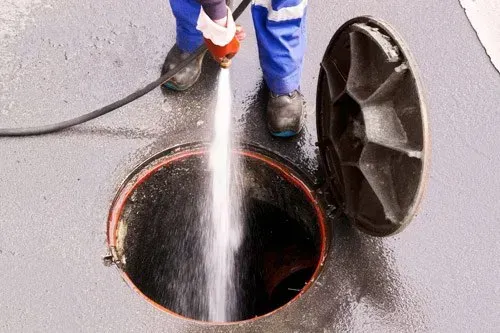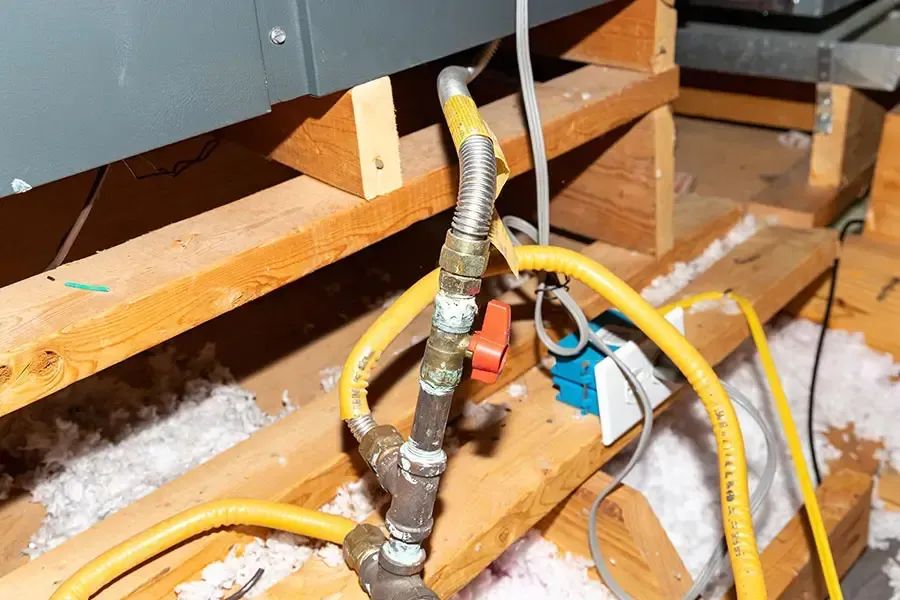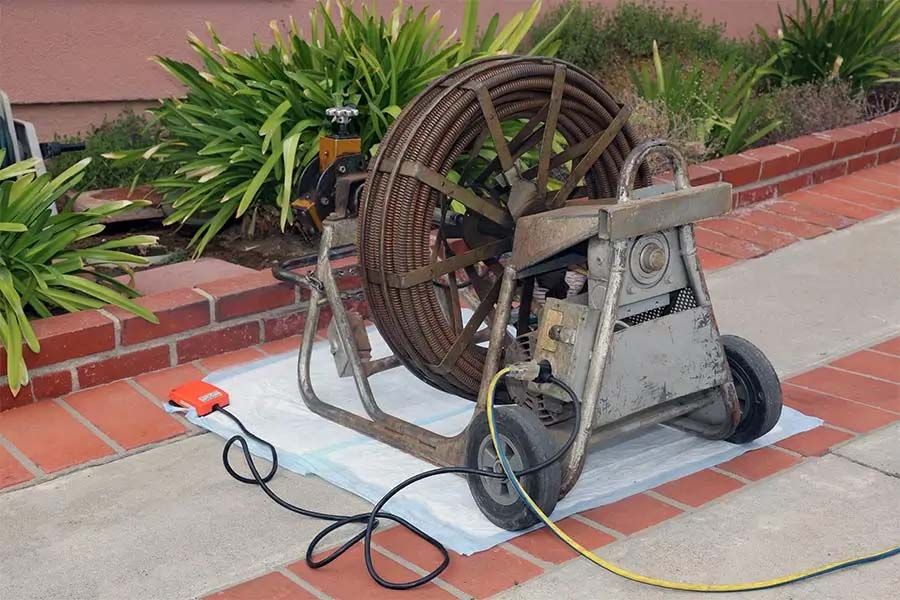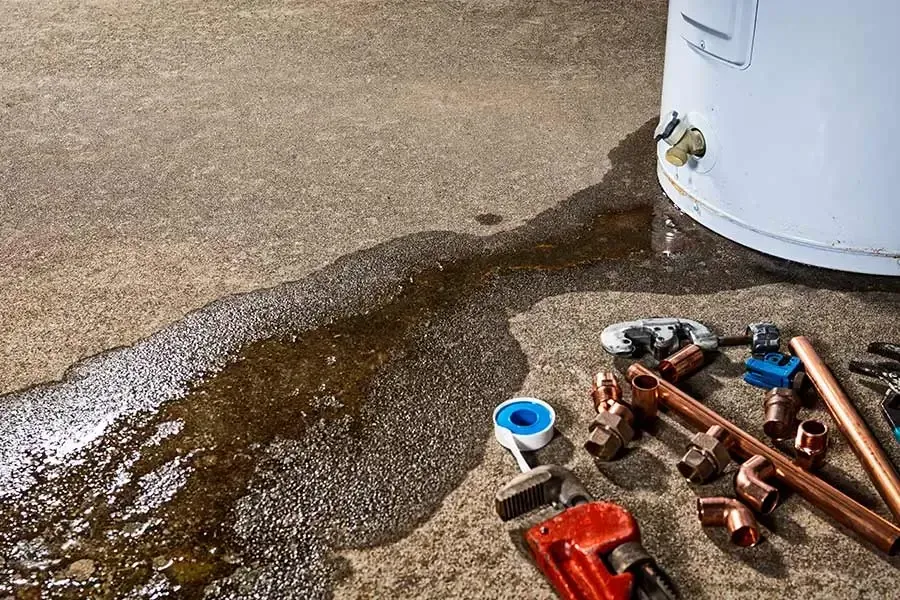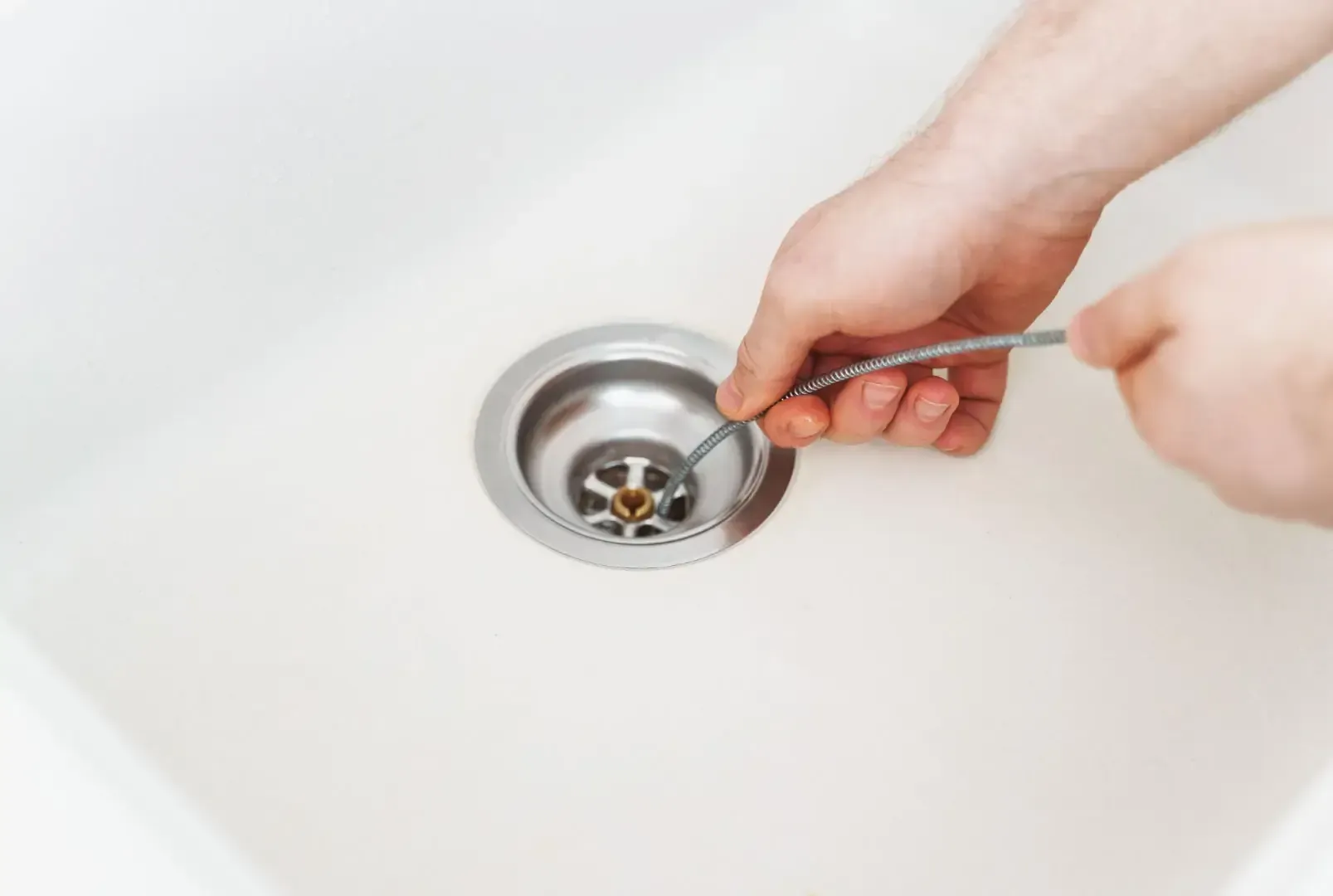Six Sewer Line Pipe Materials Used by Experts
Need sewer line services? Call Formica Plumbing & Sewer Co. today!
Sewer lines are perhaps the most critical part of any plumbing system. They are responsible for carrying wastewater and sewage away from commercial buildings into septic systems for onward removal or treatment. However, since they are underground, they are always at risk of damage or decay.
This is why the choice of sewage pipe materials always matters in any plumbing system, but with so many options, it’s not always easy to know the right sewer line pipe material to use.
As experienced plumbers in Painesville, OH, we have completed numerous sewer line pipe replacement and installation projects. We know the most common drainage pipe material options, which you can explore below.
1. PVC Pipes
For many property owners, PVC is one of the preferred materials for sewer lines. Most people instinctively think about PVC when the topic concerns sewer line pipe materials. They are easy to work with and are widely available anywhere.
Things To Know About PVC as a Sewer Line Pipe Material
- PVC is unarguably the easiest sewer line pipe material to handle.
- The extremely smooth surface inside the pipe allows solids and liquids to pass without forming clogs.
- PVC pipes can work for most residential and commercial applications. They are more versatile because they come in diverse shapes and sizes.
- PVC pipe is more resistant to harsh chemicals than other sewer system pipe materials.
- PVC’s flexibility allows it to withstand ground settling. The material will bend instead of cracking or breaking in that scenario.
- PVC has a long lifespan.
2. Acrylonitrile Butadiene Styrene (ABS)
ABS sewer pipes are similar to PVC. These black plastic pipes have become popular in recent years due to their strength and shock resistance. They are a great choice for underground sewer lines.
Things To Know About ABS as a Sewer Line Pipe Material
- ABS is much stronger than PVC, but that means it is not as flexible.
- The material can withstand temperature swings underground but performs poorly if exposed to direct sunlight long enough.
- ABS pipes are easy to install because of the material’s lightweight nature.
- The material can withstand the effects of harsh chemicals.
3. Cast Iron
You won’t see many plumbers recommending cast iron during sewer pipe material selection, although they are a common choice in many older homes. Plumbers chose cast iron for sewer lines because of the material’s durability and ability to resist water damage.
However, the material is no longer an option in modern construction because it has many downsides.
Things To Know About Cast Iron as a Sewer Line Pipe Material
- Cast iron pipes tend to deteriorate over time, but the material can last more than 100 years in the right environmental conditions.
- Cast iron pipes last long, but once corrosion sets in, it’s downhill from there. You have to completely replace the pipe at some point. In the meantime, you may face more sewer line clogs as the pipe’s diameter shrinks due to the corrosion buildup.
- Cast iron is a heavy material. Your sewer line will sink further into the ground if the soil underneath settles. Since the material is not flexible, settling usually means pipe damage.
4. Clay
Clay is one of the oldest sewer line materials around today. It goes back to ancient civilizations across the world and has undergone some modifications over the years. The material has since lost its position as the most commonly used sewer pipe material, but some contractors may still recommend it in modern constructions for different reasons.
Things To Know About Clay as a Sewer Line Pipe Material
- Clay is an eco-friendly option because the pipes do not contain any toxic materials.
- The high compressive strength of the material makes it suitable for underground installations.
- The material’s low thermal conductivity means consistent temperatures within the sewer line.
- Clay pipes can withstand exposure to harsh chemicals or acidic wastewater. Therefore, they can last as long as other more common sewer pipe options.
- Clay pipes can’t withstand root growth. Therefore, they are more prone to early damage if you have any trees growing around the sewer line.
- Clay pipes are harder to install because they are heavy and fragile. Moving them from place to place is very difficult.
5. Orangeburg
Orangeburg pipes are one of the sewer pipe materials you’re only likely to find in very old properties. The pipe material is a mixture of hot pitch and wood pulp. It’s one of the results of the steel and iron shortage during the Second World War.
Things To Know About Orangeburg as a Sewer Line Pipe Material
- The material was popular at the time because it was cheap. Advancements over the last few decades have eroded that singular advantage.
- Orangeburg is no longer a top choice today because the material deteriorates quickly over time as it absorbs moisture.
- It’s likely to collapse underground.
6. Concrete
Concrete pipes work as sewer line materials due to the material’s strength and resilience. You'll likely find them in commercial properties, but some residential property owners might also choose them to circumvent environmental peculiarities.
Things To Know About Concrete as a Sewer Line Pipe Material
- Concrete pipes can withstand heavy loads, so they work well for sewer lines that run under high-traffic areas.
- The material is resistant to corrosion. Therefore, it has a very long lifespan.
- Concrete pipes are cheap, eco-friendly options for sewer lines.
Get Expert Guidance for Your Sewer Line Needs in Wickliffe, OH
Deciding on the right sewer line pipe material for your property can be tricky. Even when you know the available options, it’s hard to tell which one will work best for your situation. That’s where we come in.
Are you installing a new sewer line? Do you want to replace the existing line? Our technicians can provide the guidance you need to make expert sewer line pipe choices.
We are also the team to trust for the installation and solutions to other common sewer problems. Call the Formica Plumbing & Sewer Co. team in Wickliffe, OH, today at (440) 485-3850 to schedule a consultation.
